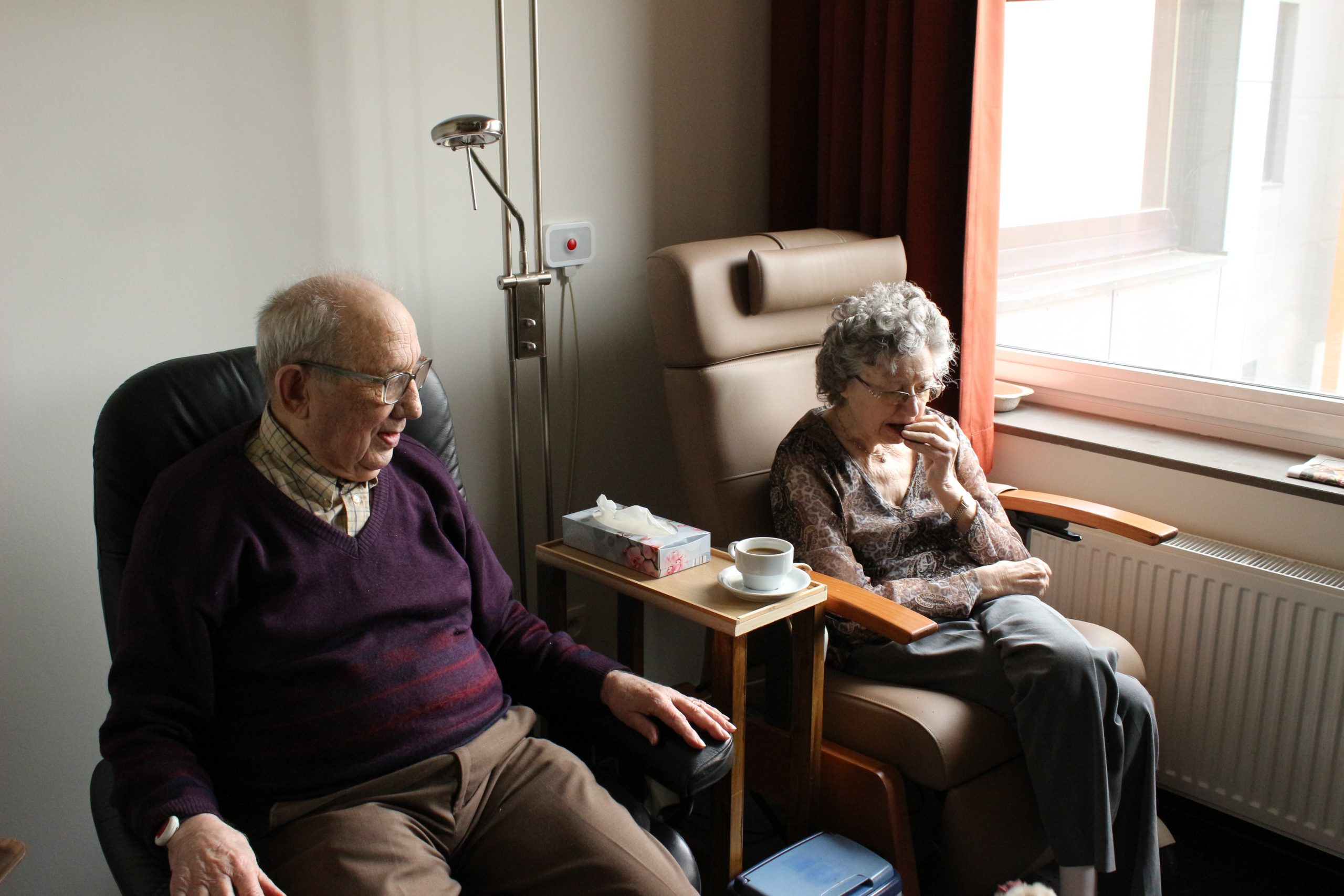Working with kids and providing them with the support they need—whether medical or dental services—for their wellbeing is a knowledgable venture. Pediatrics is a branch of medical science that aims to help children in resolving not only their afflictions and ailments but their internal conflicts as well.
Learning how to deal with kids’ personal and medical issues is not purely methodical, meaning there are various approaches to providing them with support, with some yet to be discovered.
That support is also not exclusive to children. According to many pediatricians, there are various takeaways from working with children that can be applied to adult care. While there are natural differences between treating children and adults, most practitioners are coming to realize how useful the methods of pediatrics can be in discovering more effective ways to provide care to older people.
Special needs assistance for adults
There’s a vast disparity in the manner in which adults with special needs are treated compared to children. While it is viewed as extremely important that people with special needs be prioritized, it is quite obvious how treatment for unique children is more focused.
While the emphasis on caring for unique children has brought further advancements in understanding how to treat special needs people, treatment for unique adults has been fluctuating in terms of pacing. If a downtrend continues, it can be worrisome since special needs children will eventually grow up to be adults. That means they won’t have access to the same support they had during their childhood.
Practitioners believe that learning how to provide support to unique children can significantly help in understanding special needs in adult care. Because pediatricians achieve a deeper level of perception—not just routine—when it comes to helping children, they become more patient toward supporting older people. Simply put, they better understand how to treat a person and not just their condition.
The importance of the choice of words
Pediatric specialists are aware that working with children can be challenging since they often become anxious and unsettled during their visit to the doctor. Under these circumstances, a pediatrician must use soothing techniques throughout the session, involving the use of kind words and a calming approach.
While adults don’t often show the same level of anxiety—at least not on the surface—they do share the same feelings as children. By understanding this truth, practitioners can gain valuable insight into the application of pediatrics in providing adult support.
Additionally, adults undergo situations and experiences that are notably perturbing, if not traumatizing. For this reason, it’s also important to provide them with reassurance, along with useful information regarding their situation but delivered in a manner that doesn’t complicate their feelings.
Pediatricians are aware that using compassionate words is a crucial aspect of effective treatment. Applying the same ideas can prove to be beneficial in better understanding adult care and support.
Conclusion
Providing treatment and support to adults is on a different scale than to children. But that may not mean that the aspects of pediatric care cannot be applied to adult support. Since adults are people too, the notion that it’s better to learn how to treat the person and not just the condition must still be applied.
Follow us online at Dose of Healthcare for your daily dose of news and stories about the healthcare industry.


















